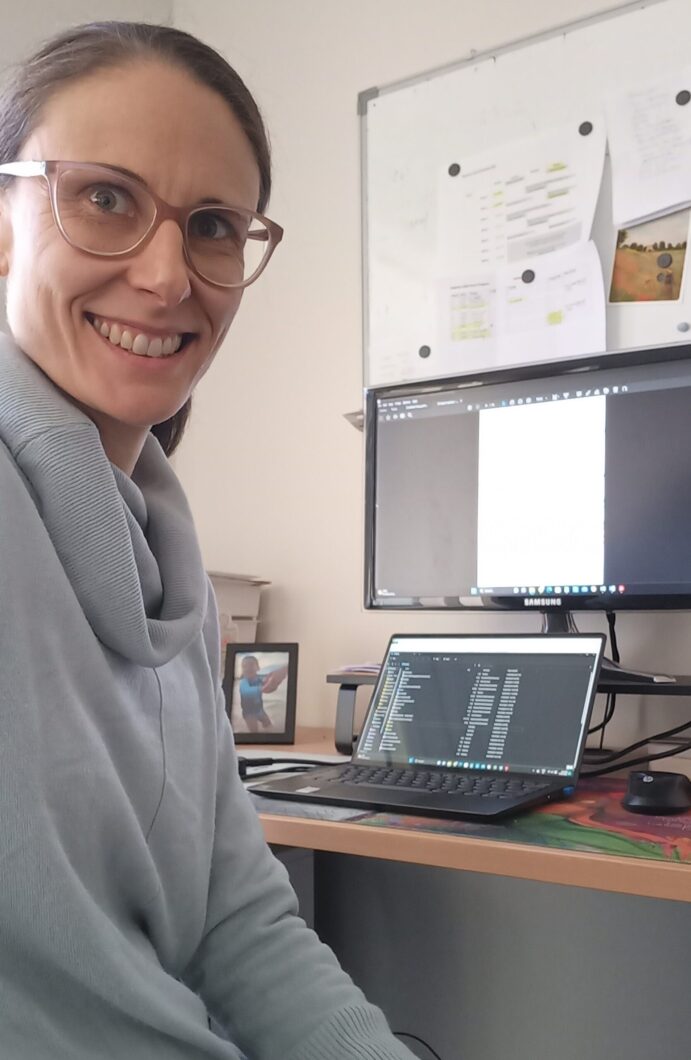As the aim of this series is to look at the wide variety of roles that are taken on by AUSIT members, we’ve decided that it’s time we looked at ourselves! So, in this issue we talk to Nicola Thayil, a longstanding member of the Editorial Committee that assists the editors in selection and production of material for the magazine.

Hours per issue:
2 to 3
Voluntary?
Yes
AUSIT member for:
10 years
Time in this role:
3 years
Other AUSIT roles (past and/or present): VIC Branch Committee member 2013–16 / VIC mini-Conference Organising Committee 2016 / Communications, Promotions and Public Relations Committee Chair 2016 / PD presenter 2017: Business skills for translators / moderator for PD panel session: Topics in Translation 2015 / participant in AUSIT mentoring program, 2021–23 (mentee #3 this year)
Q1: What does the role of Editorial Committee member involve?
There are currently 11 T&I practitioners and/or academics on the Editorial Committee in addition to the Chair, covering various spoken languages (including Aboriginal languages) and Auslan, and working across a range of fields. We attend quarterly meetings online to discuss ideas for topics, articles, interviews and other content to be included in In Touch, and support the editors (Hayley and Helen) by helping to compile this content. This mostly involves contacting potential contributors, conducting interviews and occasionally writing articles, as I’ll mention later.
Q2. Why did you take it on?
I was invited to join the committee by Hayley’s predecessor Melissa, after I’d contributed several articles and also helped with proofreading, and I decided to do so in order to support AUSIT’s work in raising the profile of our profession and showcasing my talented colleagues. It was a way I could keep contributing to AUSIT without being on a branch committee, which I’d already done for a few years.
Q3. What skills or qualities are needed in this role?
Similar skills to those required to be a translator! Curiosity and attention to detail are important, as well as being able to research topics and being willing to contact people who might like to contribute. Also the ability to work remotely within a team.
Q4. Is the work steady throughout the year, or does it fluctuate?
Some periods of the year are busier than others, mainly a couple of months before an issue is due to be released, sourcing contributors that we’d like to include (especially for regular pages such as this one!), and there is always background work related to collating ideas. If no other AUSIT member comes forward or can be found to write about a topic we want to cover, and one of the committee members has the relevant experience, we sometimes draft an article or put ourselves forward to interview – over the last few years I’ve been interviewed about the AUSIT mentoring program (along with one of my mentees), put together an article about how I’ve been getting involved in environmental translation, and now this interview. For these issues, of course, I spend a few more hours.
Q5. What advice would you give to someone thinking about taking on this role?
It’s a great way to meet colleagues and stay on top of what’s happening in the T&I world, and for me it also provides an enjoyable way of giving back to the profession with a more flexible time commitment than some of the other roles.


